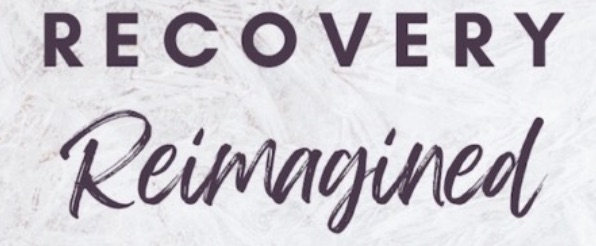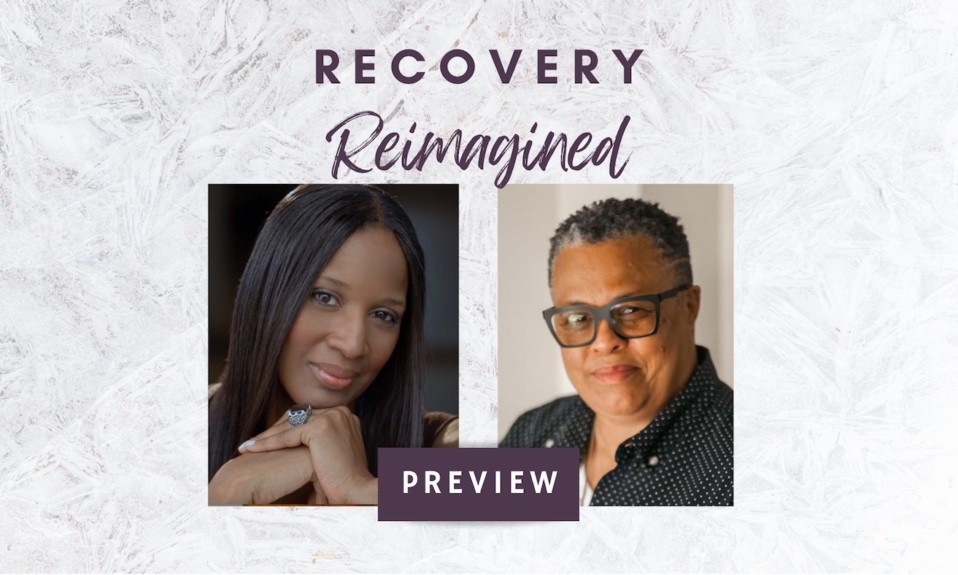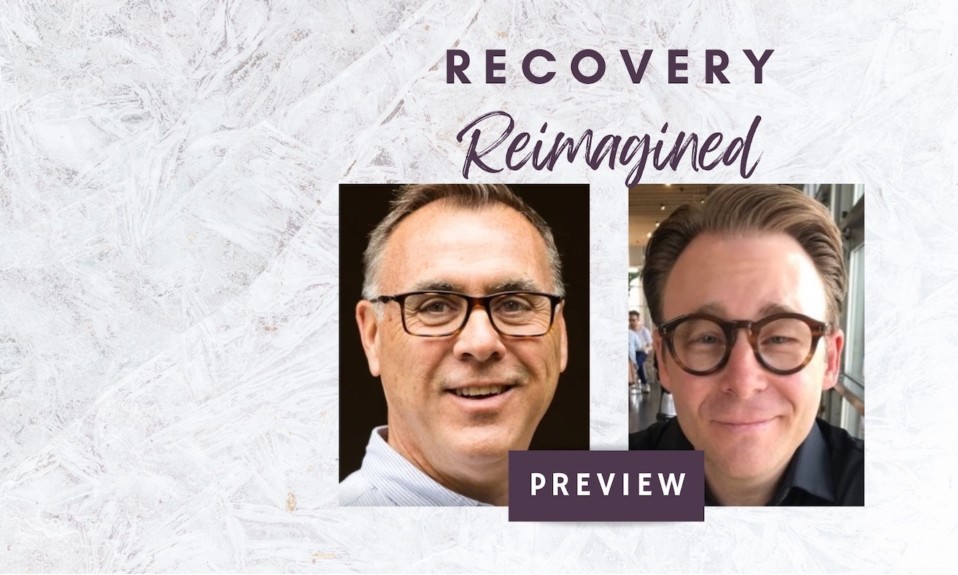Ester Nicholson and Shari Hampton—next up in the Recovery Reimagined series—are leading the way as recovery coaches and advocates for racial equity in treatment
By William Wagner
Both Shari Hampton and Ester Nicholson—upcoming subjects in the Recovery Reimagined series—are addiction recovery coaches for the SHE RECOVERS Foundation. But they are also much more than that.

Hampton was addicted to drugs and alcohol for 35 years before turning the corner in 2015. Since then, she has used her hard-won wisdom to help others. She completed her recovery coach certification in 2020 through the International Association of Professional Recovery Coaches (IAPRC) and also is founder of the nonprofit Served Up Sober.
Nicholson also suffered from addiction. She now is well into her recovery, putting it to good use in a number of ways. In addition to giving speeches, leading retreats and providing recovery training, she is the author of the book Soul Recovery: 12 Keys to Healing Dependence.
The Makings of a Bold Conversation
As recovery coaches and front-line advocates for racial equity in addiction treatment, Hampton and Nicholson are sure to bring compelling ideas to the Recovery Reimagined table. Annie Peters—PhD, LP, director of research and education for the National Association of Addiction Treatment Providers (NAATP)—is effusive about conducting this interview, which will take place via Zoom.
“Any discussion of the future of addiction healthcare would also be negligent if we do not take a close look at the impact of racism and bias—both on people who have substance use disorders and on our existing treatment system.”
—Annie Peters, NAATP
“There are two reasons I want to interview these women,” Peters says. “One is that they are both recovery coaches, and any discussion of the future of addiction healthcare would be remiss if it did not include the value of recovery support services. The second is that both of them spoke at the NAATP National Conference last year about healing racism and bias. Any discussion of the future of addiction healthcare would also be negligent if we do not take a close look at the impact of racism and bias—both on people who have substance use disorders and on our existing treatment system.”
Recovery Reimagined is a collaboration between the NAATP and TreatmentMagazine.com that brings interviews with the brightest minds in addiction and mental health treatment to you. The goal is to highlight new and innovative strategies and, in the process, improve outcomes. Our interview with Hampton and Nicholson will be published on TreatmentMagazine.com within the next several weeks. In the meantime, read previous Recovery Reimagined interviews with John Kelly, PhD, ABPP, and Matt Vogl, MPH.













